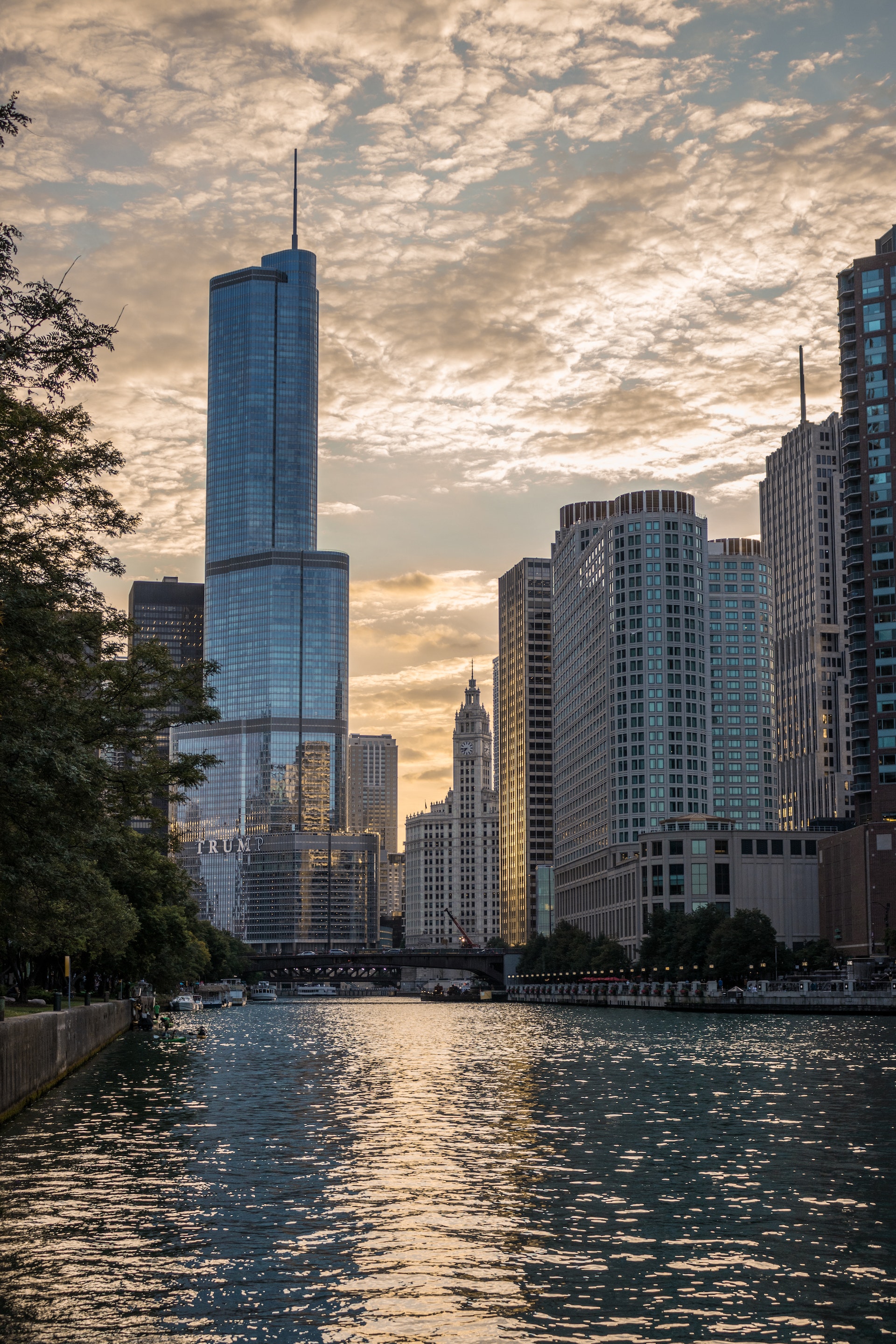To address increased incidents of flooding, a community-led initiative in the Chicago area is having local people identify solutions that best fit their needs.
RainReady Calumet Corridor project favors solutions that use natural and low-impact projects such as rain gardens, bioswales, natural detention basins, green alleys, and permeable pavers, to reduce the risk of damaging floods. A recent study found that extreme weather events and heavy rainfall disproportionately affect people of color and immigrants in the area.
The project in Cook County, Ill., could be an effective way to give residents experiencing chronic flooding issues who have been left out of discussions a say in how to respond to flooding.
An official with the Metropolitan Water Reclamation District says that the flooding problem in the Chicago region is so large that a foolproof solution would be cost prohibitive. Mitigation efforts will need to be different in each community, so local people should decide what’s best for them, the reasoning goes.
Final implementation in the areas involved is expected to start between fall 2023 and spring 2025. If the project works well, its leaders hope to replicate it in other parts of the county and nationwide.
Related Stories
| Aug 29, 2022
Montana becomes first U.S. state to approve 3D printing in construction
Montana is the first U.S. state to give broad regulatory approval for 3D printing in building construction.
| Aug 25, 2022
New York City’s congestion pricing aims to reduce traffic, cut carbon
Officials recently released an environmental assessment that analyzes seven different possible pricing schemes for New York City’s congestion pricing program.
| Aug 23, 2022
New Mass. climate and energy law allows local bans on fossil fuel-powered appliances
A sweeping Massachusetts climate and energy bill recently signed into law by Republican governor Charlie Baker allows local bans on fossil fuel-powered appliances.
| Aug 22, 2022
Gainesville, Fla., lawmakers moved to end single-family zoning
The Gainesville City Commission recently voted to advance zoning changes that would allow duplexes, triplexes, and quadplexes to be built on land currently zoned for single-family homes.
| Aug 16, 2022
DOE funds 18 projects developing tech to enable buildings to store carbon
The Department of Energy announced $39 million in awards for 18 projects that are developing technologies to transform buildings into net carbon storage structures.
| Aug 11, 2022
Report examines supposed conflict between good design and effective cost management
A report by the American Institute of Architects and the Associated General Contractors of America takes a look at the supposed conflict between good design and effective cost management, and why it causes friction between architects and contractors.
| Aug 10, 2022
U.S. needs more than four million new apartments by 2035
Roughly 4.3 million new apartments will be necessary by 2035 to meet rising demand, according to research from the National Multifamily Housing Council (NMHC) and National Apartment Association.
| Aug 9, 2022
Work-from-home trend could result in $500 billion of lost value in office real estate
Researchers find major changes in lease revenues, office occupancy, lease renewal rates.
Legislation | Aug 8, 2022
Inflation Reduction Act includes over $5 billion for low carbon procurement
The Inflation Reduction Act of 2022, recently passed by the U.S. Senate, sets aside over $5 billion for low carbon procurement in the built environment.
Legislation | Aug 5, 2022
D.C. City Council moves to require net-zero construction by 2026
The Washington, D.C. City Council unanimously passed legislation that would require all new buildings and substantial renovations in D.C. to be net-zero construction by 2026.

















